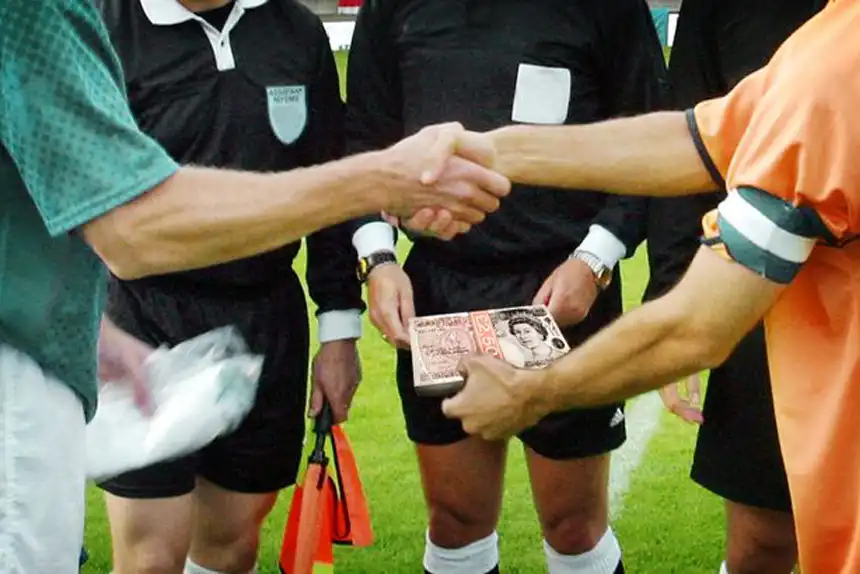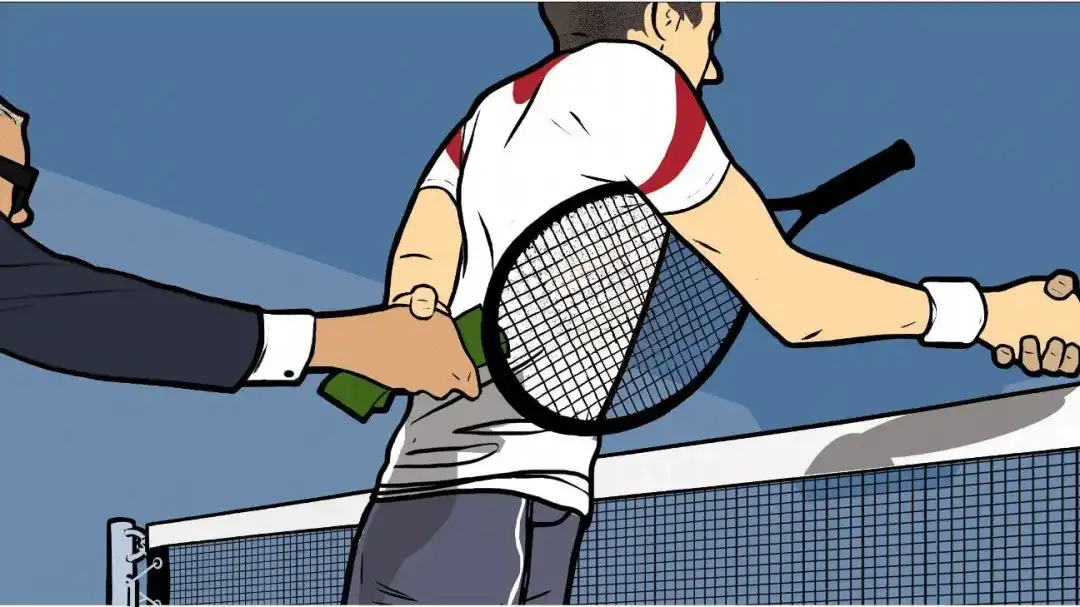Who Are the Match Fixers

- September 1, 2023
Introduction
Match-fixing is a significant threat to the integrity of sports. It involves manipulating the outcome of a sporting event or spots of the sporting event.
Match-fixing undermines the very essence of fair competition and erodes the trust and credibility of sports.
In this article, we will analyze the match fixers and their motivations.
Background of Match Fixers
But who are all the involved in this procedure?
Criminal Syndicates: Organized criminal groups often play a significant role in match-fixing. They may approach players, coaches, or officials with offers of financial incentives to fix matches.
Gambling Syndicates: Illegal gambling syndicates stand to gain substantial profits by placing bets on fixed matches. They may orchestrate match-fixing schemes and use insider information to maximize their profits.
Betting Agents: Some betting agents may be involved in match-fixing as intermediaries between the criminals and the players or teams, facilitating illegal transactions.
Referees and Umpires: Corrupt officials can manipulate the outcome of a match by making biased decisions or favoring one team over the other.
Players: Some athletes, whether willingly or coerced, may be involved in match-fixing by intentionally underperforming or ensuring a specific outcome to benefit those who have placed bets on the fixed match.
Coaches and Team Officials: Coaches and other team officials may be involved in match-fixing by exerting influence over players to manipulate the game's outcome.
Why are matches being fixed?
Match-fixing occurs for various reasons, and the motivations behind it vary. Some of the primary reasons are:
Financial Gain: One of the most common reasons for match-fixing is the potential for significant financial rewards. Criminal syndicates or gambling groups may approach players, coaches, or officials with offers of large sums of money in exchange for manipulating the match's outcome.
Debt and Financial Pressures: Some athletes or team members might be facing financial difficulties or debts, making them vulnerable to manipulation and bribery by match-fixers.
Lack of Adequate Income: In certain sports, particularly in lower tiers or less financially lucrative leagues, players and officials may not earn sufficient income from their sporting careers. This financial strain could make them more susceptible to accepting bribes or participating in match-fixing schemes.
Corruption and Greed: Some individuals within the sports ecosystem may be driven by greed and corrupt intentions. They prioritize personal gain over the integrity of the sport and are willing to compromise the game's outcome for their benefit.
Intimidation and Coercion: Criminal organizations involved in match-fixing may use threats, intimidation, or blackmail to force athletes or officials into cooperating with their schemes.
Betting and Gambling: The prevalence of illegal gambling and betting markets provides an opportunity for match-fixers to profit from manipulating outcomes. They can place large bets on a fixed match and ensure a guaranteed return on their wagers.
Weak Governance and Oversight: In some cases, weak governance and inadequate oversight within sports organizations or leagues can create an environment conducive to match-fixing. A lack of strict regulations and enforcement mechanisms can make it easier for corrupt elements to exploit the system.
Famous cases of Match Fixing
Some of the most known match-fixing scandals are below:
2000: Hansie Cronje Match-Fixing Scandal: South African cricket captain Hansie Cronje was involved in match-fixing during the late 1990s. He admitted to accepting money from bookmakers to manipulate the outcomes of matches.
2006: Italian Football Scandal “Calciopoli”: Several Italian football clubs, including Juventus, AC Milan, and others, were implicated in a match-fixing scandal in 2006. The investigation revealed a widespread system of influencing referees' decisions to favor certain teams.
2010: Pakistani Cricketers Spot-Fixing Case: Three Pakistani cricketers, Salman Butt, Mohammad Asif, and Mohammad Amir, were found guilty of spot-fixing during a Test match against England. They were involved in deliberately bowling no-balls at specific moments in exchange for money from bookmakers.
2013: South Korean Football Match-Fixing Scandal: Several players and coaches in the South Korean K-League were found to have been involved in match-fixing schemes, where they manipulated the outcomes of matches.
2016: Australian Open Tennis Match-Fixing Allegations: Media reports suggested that several tennis players were involved in match-fixing at the Australian Open. The allegations prompted investigations into potential corruption in tennis.
2019: Frosinone vs. Palermo Serie B Match: In an Italian Serie B match between Frosinone and Palermo, suspicious betting patterns led to an investigation into possible match-fixing.
Conclusion
Match-fixing is a serious and complex issue that threatens the integrity and spirit of fair competition in sports. It involves a network of individuals, including criminal and gambling syndicates, betting agents, corrupt officials, players, and coaches, who manipulate sports events for financial gain or other personal motives. The motivations behind match-fixing can range from financial pressures and greed to coercion and weak governance within sports organizations. To combat match-fixing effectively, a comprehensive approach is required, including strict regulations, robust anti-corruption measures, education, and cooperation among sports governing bodies, law enforcement agencies, and governments.
Copyright © 2025 EAGLE Sports Integrity Services

